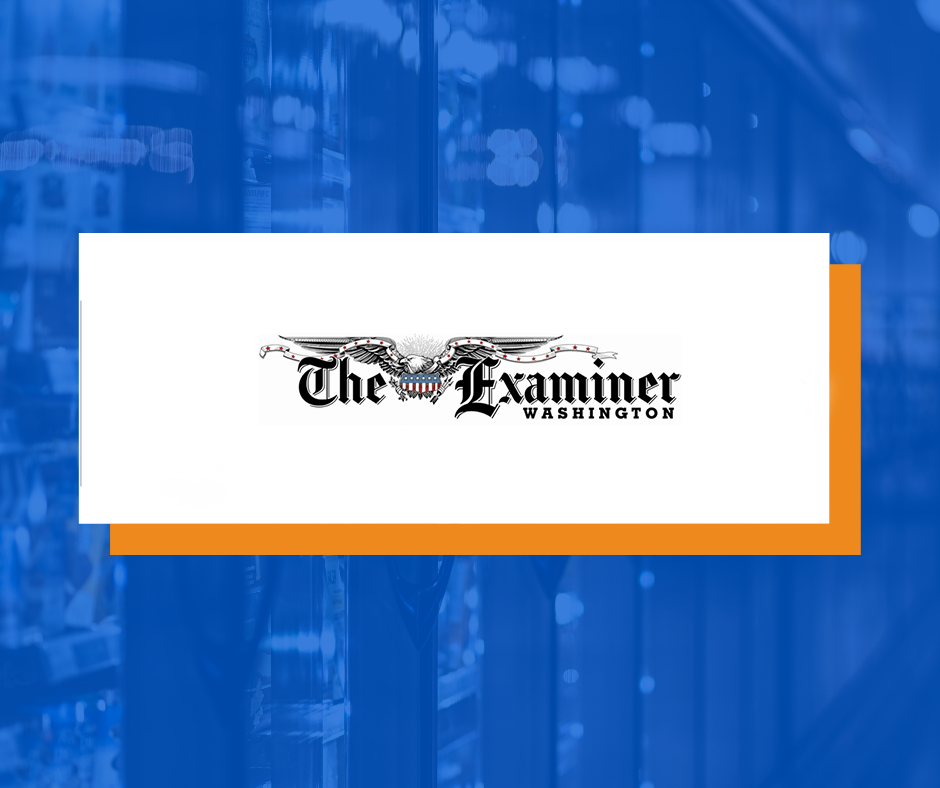On the latest episode of HBO’s Last Week Tonight, Oliver ripped into this branch of the sharing economyresponsible. We were told that the big players in this space — Grubhub, DoorDash, Uber Eats, and Postmates — are “leeches” that “undermine” the business of brick-and-mortar restaurants. Oliver equated their use of gig workers to slavery.
It’s yet more silliness.
The first of Oliver’s claims to be challenged is the notion that food delivery apps are a “parasite” middleman in the eatery-to-consumer relationship. Is the delivery app taking something away from restaurants or adding new, previously unrealized value? A little bit of both. Here, Oliver is getting at the commission fees charged by delivery apps, which reserve anywhere from 13% to 40% of the final billing for themselves, depending on what the restaurant agrees to when it registers with the app.
Restaurateurs do operate in a tough industry, and margins can indeed be slim, even as tight as 5% for most in the business. The apps argue that they not only serve as a logistics and delivery service but also as a discovery platform for consumers looking to get some food. Top line: An exhausted parent enjoying a night home alone and eating delivery food was never a prospective customer for the restaurants downtown. Their potential market on any given night is driven by foot traffic, search engines, and word of mouth. Their business is built around consumers who have specific plans to eat out that night and enjoy being waited on.
Delivery apps change all of that, and yes, they are disruptive. Consumers on delivery apps are usually looking for something specific. They want pizza, Peking duck, tacos, or a hoagie. In turn, the apps present local options ranging from corporate fast-food chains to locally owned restaurants. Those eateries now have a new potential market. It’s important to note that these apps also helped save many restaurants that would have otherwise lost all their business during the COVID-19 shutdowns.
However, in Oliver’s eyes, something evil and corrupt is happening when a delivery service brings a new customer and essentially charges a finder’s fee for locating that new customer. I’m reminded of James Bond’s words to Miss Moneypenny in GoldenEye, “What would I do without you?” To which Moneypenny rightly replies, “As far as I can recall, you’ve never had me.”
Gone are the days of needing to pay for junk mail flyers and door-hang menu campaigns to reach the consumer. Third-party apps cover that base easily.
But Oliver shovels so much luddite mud in a cleanly delivered monologue that any possible critic would be daunted about where to start. One throwaway falsehood is that the sharing economy is “the main source of income for many,” which is hardly true. According to the IRS, as well as internal data from relevant companies, 96% of Lyft drivers work elsewhere or are students in addition to driving. Ninety percent of delivery drivers for DoorDash worked less than 10 hours per week on the app. Most are making ends meet and covering troublesome bills, not looking to build a career.
Oliver’s worldview contends that when consumers are reaping new benefits, the consumers are somehow propagating an injustice. But what is a more virtuous basis for a business than providing what the community and consumers want?
Oliver is a millionaire who can dine out any night he wants, wherever he wants, and can make time for doing so since his economic needs are met. The rest of us use delivery apps to fill potholes in our plans or holes in our pans. We choose these apps in the same way we choose dine-in restaurants — when it works for us.
Originally published here



